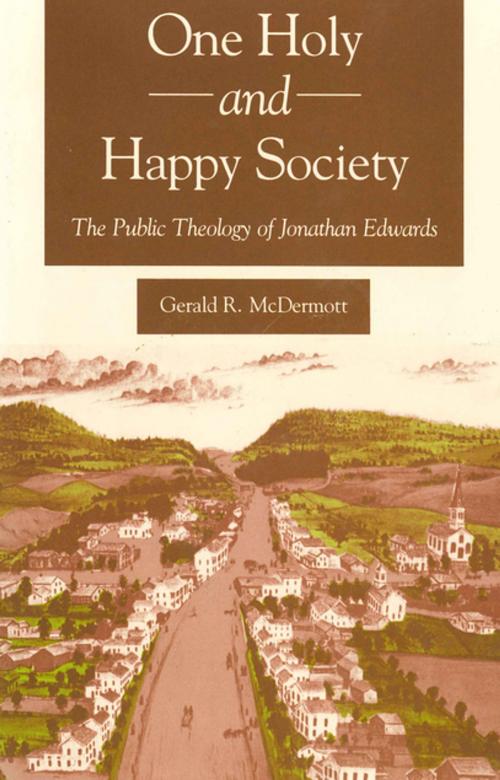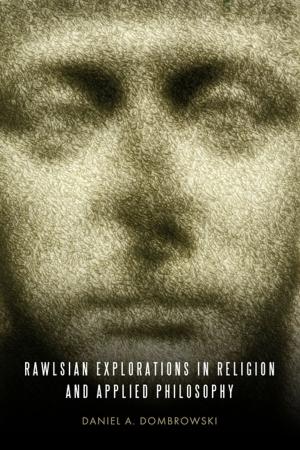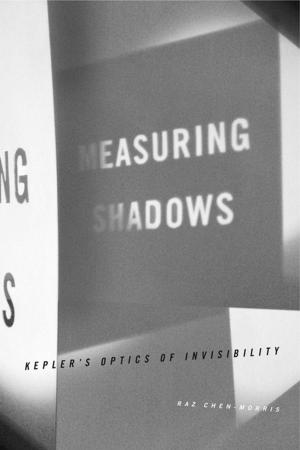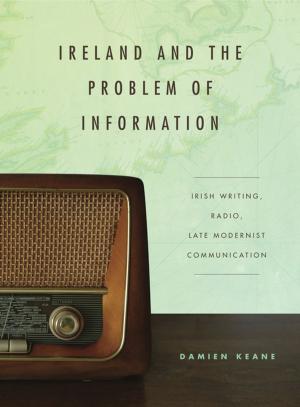One Holy and Happy Society
The Public Theology of Jonathan Edwards
Nonfiction, Religion & Spirituality, Theology, History, Americas, United States, Christianity| Author: | Gerald McDermott | ISBN: | 9780271072722 |
| Publisher: | Penn State University Press | Publication: | October 9, 1992 |
| Imprint: | Penn State University Press | Language: | English |
| Author: | Gerald McDermott |
| ISBN: | 9780271072722 |
| Publisher: | Penn State University Press |
| Publication: | October 9, 1992 |
| Imprint: | Penn State University Press |
| Language: | English |
Jonathan Edwards (1703–58) was arguably this country's greatest theologian and its finest philosopher before the nineteenth century. His school if disciples (the "New Divinity") exerted enormous influence on the religious and political cultures of late colonial and early republican America. Hence any study of religion and politics in early America must take account of this theologian and his legacy.
Yet historians still regard Edward's social theory as either nonexistent or underdeveloped. Gerald McDermott demonstrates, to the contrary, that Edwards was very interested in the social and political affairs of his day, and commented upon them at length in his unpublished sermons and private notebooks. McDermott shows that Edwards thought deeply about New England's status under God, America's role in the millennium, the nature and usefulness of patriotism, the duties of a good magistrate, and what it means to be a good citizen. In fact, his sociopolitical theory was at least as fully developed as that of his better-known contemporaries and more progressive in its attitude toward citizens' rights.
Using unpublished manuscripts that have previously been largely ignored, McDermott also convincingly challenges generations of scholarly opinion about Edwards. The Edwards who emerges from this nook is both less provincial and more this-worldly than the persona he is commonly given.
Jonathan Edwards (1703–58) was arguably this country's greatest theologian and its finest philosopher before the nineteenth century. His school if disciples (the "New Divinity") exerted enormous influence on the religious and political cultures of late colonial and early republican America. Hence any study of religion and politics in early America must take account of this theologian and his legacy.
Yet historians still regard Edward's social theory as either nonexistent or underdeveloped. Gerald McDermott demonstrates, to the contrary, that Edwards was very interested in the social and political affairs of his day, and commented upon them at length in his unpublished sermons and private notebooks. McDermott shows that Edwards thought deeply about New England's status under God, America's role in the millennium, the nature and usefulness of patriotism, the duties of a good magistrate, and what it means to be a good citizen. In fact, his sociopolitical theory was at least as fully developed as that of his better-known contemporaries and more progressive in its attitude toward citizens' rights.
Using unpublished manuscripts that have previously been largely ignored, McDermott also convincingly challenges generations of scholarly opinion about Edwards. The Edwards who emerges from this nook is both less provincial and more this-worldly than the persona he is commonly given.















